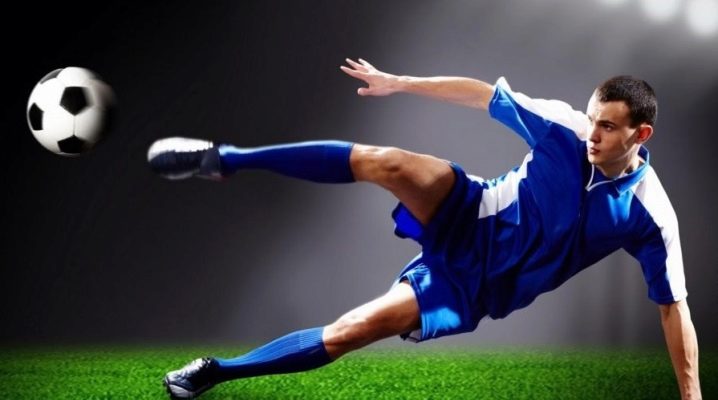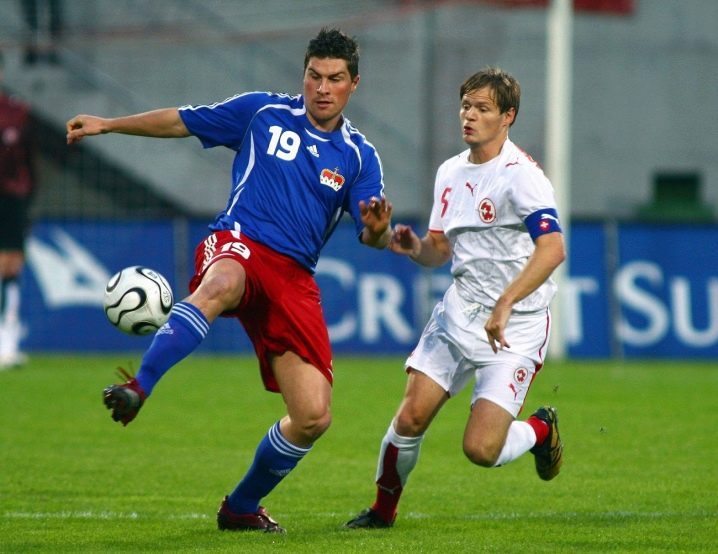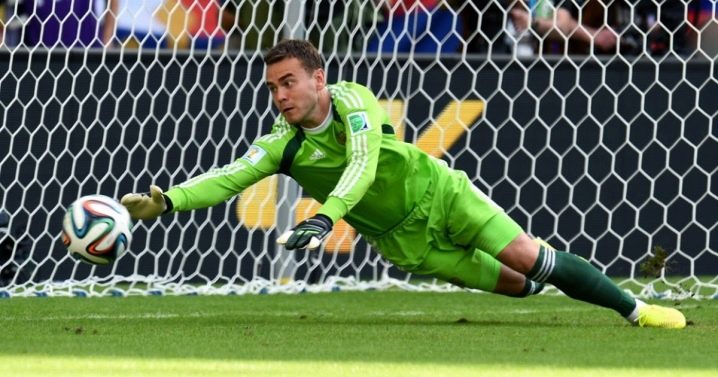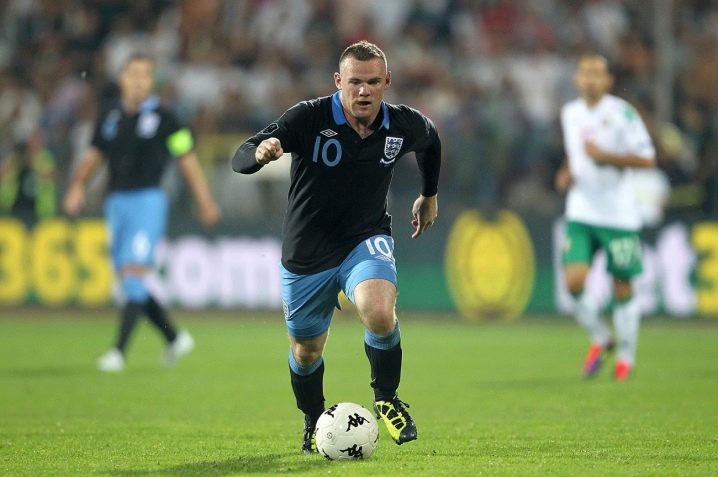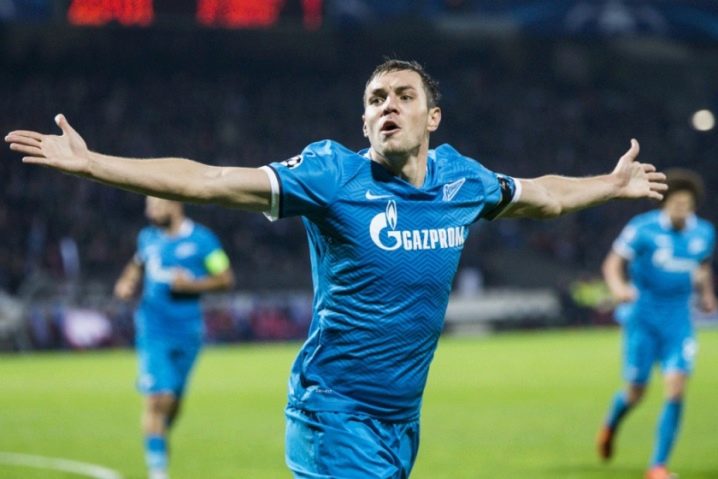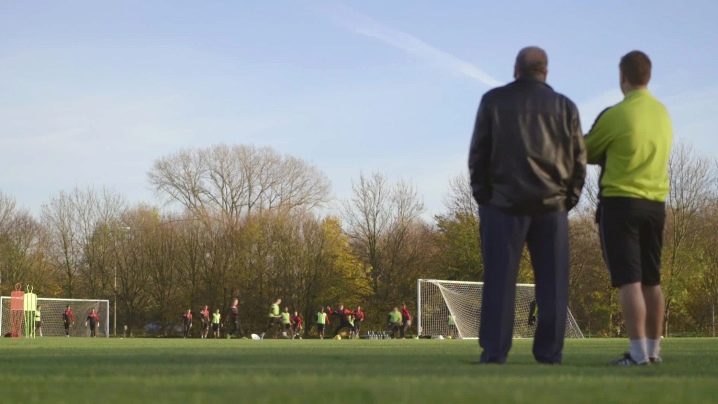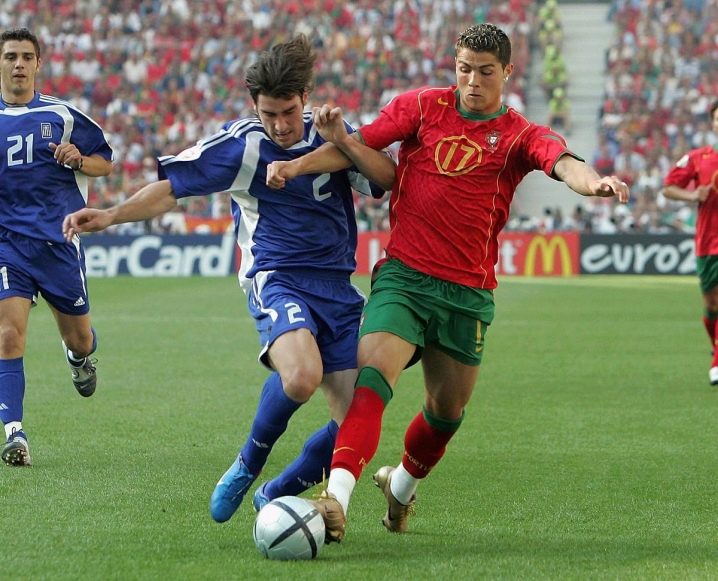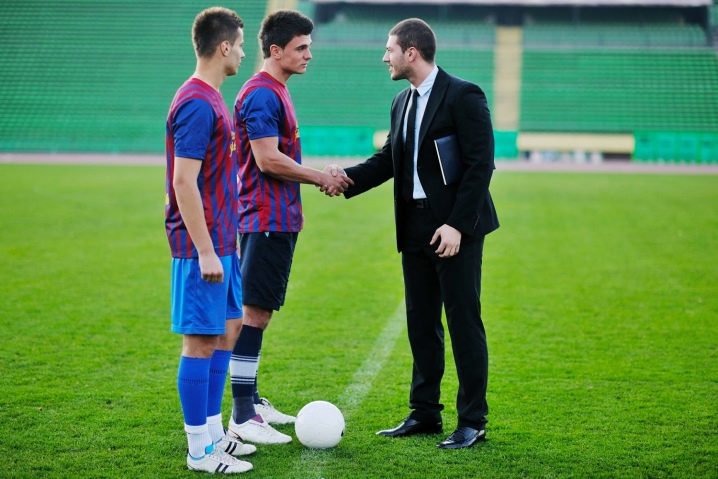Profession footballer: description, advantages and disadvantages, career growth
Perhaps every boy dreamed of becoming a football player at least for a short time. “It is obvious that a childhood dream rarely becomes a matter of life. However, the path of those who decisively want to bring it to life, in spite of everything, will not be easy. This article will tell you about what the profession of a football player implies, about the necessary skills, career path and much more about the life of football players.
Peculiarities
Everyone knows that a footballer is a player on a football team, and his task is to win a match against an opponent through team play. This sport is highly popularized and has millions of fans all over the world. The entertainment of the football is also well funded.
It is fairly well known that the football team has 11 people, including 4 defenders, 4 midfielders, a couple of strikers and a goalkeeper.
Below is a brief description of the functions and tasks of each player.
- Goalkeeper. He is also called the goalkeeper. Even small children know about the main task of the goalkeeper - it is to protect the goal. He must intercept or hit the ball. The zone of his actions is the goalkeeper's area at the goal and the goal itself.
- Attack. The second name is forward. The main task is to score the maximum number of goals into the opponent's goal. It is among these players that the most famous footballers are. The attackers can be divided into several types: central (the main task is to score a goal into the enemy gate, the play area is the area next to the penalty line), the extreme (the main task is to pass the ball, the play area is the attack flank), welterweight (replaces the roles of the central and extreme attackers), drawn (the main tasks are defense and defense, performs the functions of both a midfielder and a striker) and a false nine (the main task is to distract the opponent from the ball, does not score goals).
- Defender. Also called fullback. Mainly deals with the attackers of the opposing team: prevents goals from being scored, takes the ball from them and passes it to his team. Sometimes he can help attackers from his team. Defenders can also be divided into several types: central (play area - central axis of the field), extreme (play area - side lines of the field), free (there is no play area, the main task is to take the ball away from a player of the opposing team in the event that he approaches to gate).
- Midfielder. Combines the functions of an attacker and a defender. The second name is half-back or half-back. Midfielders can also be divided into several categories: central (the main task is to create a situation in which a goal is most likely to be scored), support (the main task is to prevent the transfer of the ball between the opposing players, help defenders), playmaker (the main task is to organize the attack of the opposing team ), attacker (the main task is to score a goal into the opponent's goal or create a goal-scoring opportunity for the attackers of his team), "from-penalty-to-free-kick" (the main task is to perform the functions of a defender and a forward, the playing area is the entire field), extreme (the main task is to protect your team from the same extreme midfielders, the playing area is the side line).
Advantages and disadvantages
There are a number of benefits to this profession that are attractive to young people.
- The salary. The footballer is one of the highest paid professions. True, for this you need to work hard for several years.
- Popularity. Often, most of the footballers became popular within fairly short periods of time. Many of them gained popularity at a young age.
- Trips. The work of a football player involves many flights and trips both within the country and outside it.
- Health. In general, this profession is useful to society in that, to one degree or another, it popularizes sports, training and, as a result, a healthy lifestyle.
Like any big sport, football has a number of negative sides.
- Injury. There is a high risk of injury while playing football. Later, because of them, there is a high probability of losing your job.
- Physical exercise. Football players, like other athletes, must devote several hours a day to training. Daily exercise can easily lead to exhaustion or constant stress.
- Big competition. Due to the popularity of football, many boys are involved in it, and the competition can be high at times.
List of professions
It is almost impossible to find a footballer job through recruiting sites. Usually there are very few such ads, and vacancies are closed almost immediately.
A professional team is often invited by invitation only.
Speaking about the professions related to football or the field of football, the following can be distinguished.
- Coaches of different levels. After the end of their careers, former players can get a job at least as a coach of a children's team, and at most as a coach of a major league team. Oftentimes, a good coach always has an assistant.
- Breeder. Quite a rare but well-paid profession. Its representatives are engaged in tracking talented children and trying to send them to the team that the breeder needs.
- Manager. He must negotiate matches, communicate with journalists, if necessary, think over options for how to improve the composition or physical fitness of the team, and he must organize the activities of the football team as a whole.
Required skills
Success in any sport these days requires not only physical aptitude, endurance, but also a flexible, well-thought-out strategy. Among the physical qualities necessary for a football player, one can also note a quick reaction, high speed of movement, and good coordination. The athlete must be able to work in a team, be patient, responsible, goal-oriented and have a "playful" mindset.
Career
At the moment, there are no well-known general education schools or higher educational institutions that only teach football. It is best to start your football career at a young age. To do this, you need to do the following: send the child to the children's and youth team at the football club. After a certain time, the coach selects talented players and recommends them to the adult team. However, the path may not always be so easy. Often, after a children's sports club, in order to continue his career, a football player will need to get into junior, youth, and then youth teams. This is followed by national football clubs and already well-known football teams.
Most often, after the end of their careers, athletes are engaged in the fact that they train and prepare new football stars, open their own sections.
Those who do not like coaching can serve as judges, commentators, or engage in community activities in various administrative positions.
